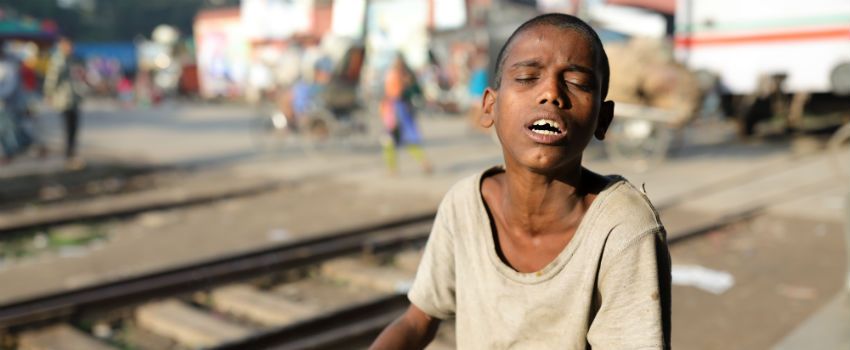
Three leading NGO’s have declared that the most important priorities for the almost 1 million Rohingya refugees still holed up at the largest refugee camp in the world for almost a year-and-a-half needs to be education and income generating opportunities. Oxfam, Save the Children and World Vision joined forces to urge donors to focus on these efforts as the United Nations announced a new funding plan to deal with the crisis.
International community needs to be generous
In their statement the NGO’s urged the international community to be generous in financing the 2019 Joint Response Plan (JRP) for the Rohingya Humanitarian Crisis. The three agencies were united in their support for the almost $1 billion the UN is trying to raise for almost 1.25 million people affected by the crisis including refugees and host community members. The NGO’s want both donors and the Bangladeshi government to ensure that aid is focused on helping host communities and refugees to live more safely whilst delivering food, clean water and shelter.
Education is a human right
What this means in practice is investments must be made in educating children and young people so they learn the skills necessary to build a prosperous future in Myanmar when they are able to safely return. A World Vision spokesperson says education should not be considered a luxury but should be seen as a human right. She adds that refugee parents and their children say their top priority is education but unfortunately there is a massive gap for children and adolescents.
Children should not be denied their right to an education
The camps serve as home to an estimated 700,000 young people aged between 3 to 24 with almost a quarter million from the host community that lack access to education. Refugee children are the worst affected with only 4 per cent having access to any sort of education of vocational training. Aid workers say that Rohingya refugee children have already had their rights abused after being forced to flee Myanmar for Bangladesh under horrific conditions. These children should not also be denied their right to receive an education and the least the rest of the world can do is make sure they do not face further disadvantages.
Creating opportunities to learn and earn
Not having access to education or the ability to earn an income makes Rohingya refugees entirely dependent on aid which means they are extremely vulnerable to being exploited with children being the worst affected. An Oxfam’s Bangladesh Country Director Dipankar Datta says female refugee children as they hit puberty face immense problems getting an education. Rohingya women are also unable to find employment making it difficult for single mothers to support their children. Mr Datta adds that donors and the Bangladeshi government must focus on creating opportunities for women and girls to learn and earn as well as protect them from abuse and exploitation so that they have a better future.





